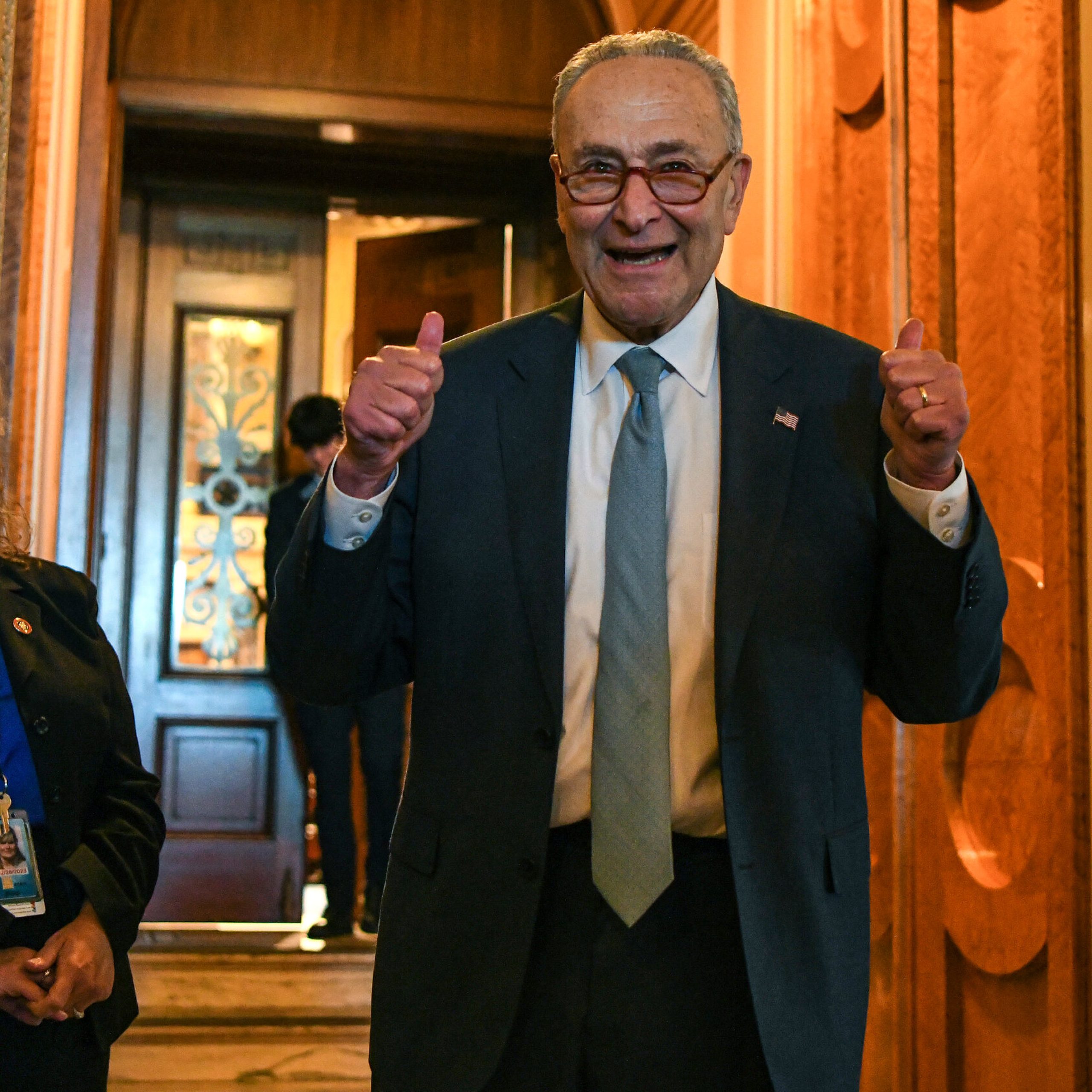On Friday, the Enforcement Directorate (ED) announced that it had frozen bank transfers worth Rs 64.67 crore as part of a money laundering investigation against cryptocurrency exchange WazirX. For a while, the crypto exchange has been under scrutiny. The Indian financial crime-fighting agency went after Binance’s WazirX as part of its investigation into a possible violation of foreign currency rules.
WazirX probed in India for money laundering
In two instances, the Indian Ministry of Finance confirmed that crypto exchange WazirX was being investigated for money laundering and breaching forex regulations. The exchange, which operates as an independent subsidiary of Binance, is said to have violated the Foreign Exchange Management Act, 1999 (FEMA) provisions.
According to the written response of Pankaj Chaudhary, Minister of State for Finance, from the Parliamentary Upper House, the Directorate of Enforcement is investigating claims that $350 million in cryptocurrency was laundered through WazirX.
In 2021, the ED investigated a money laundering case involving Chinese-owned illegal online betting applications. During the investigation, ED discovered that criminal proceeds worth about 570 million rupees had been converted into cryptocurrencies on the Binance platform.
In one of the cases, WazirX is accused of using Binance’s walled infrastructure to conduct unrecorded transactions on the blockchains and thus cloaked in secrecy. The financial investigation agency served the cryptocurrency exchanges summonses. Most of the money was traced to have been transferred to WazirX, and the cryptocurrency assets acquired there were subsequently delivered to unknown foreign wallets.
Notably, WazirX co-founders Nishal Shetty and Siddharth Menon relocated to Dubai with their families in April 2018 because of India’s new crypto taxation policy. Before that, the executives had distanced themselves from the platform’s day-to-day operations.
With that in mind, the finance ministry once again emphasized global cooperation to regulate cryptocurrencies. He stated;
Any policy framework on cryptocurrency can be effective only after significant international collaboration on evaluation of the risks and benefits and evolution of common taxonomy and standards.
Pankaj Chaudhary
It was reported that India’s WazirX was among the numerous domestic exchanges being investigated for non-compliance with foreign exchange regulations and money laundering standards.
WazirX gets raided by ED, and assets frozen
WazirX is one of India’s biggest cryptocurrency exchanges, with over 70 workers in various cities. The ED agency said it took this action as part of an investigation into the crypto exchange’s suspected role in helping instant loan app companies launder crime proceeds by converting them into cryptocurrencies on its platform.
The searches were conducted on one of Zanmai Lab’s directors, who runs WazirX. The Enforcement Directorate is looking into money laundering allegations against several shadow banks and their fintech companies for flouting central bank rules and engaging in predatory lending.
While doing fund trail investigation, ED found that large amounts of funds were diverted by the fintech companies to purchase crypto assets and then launder them abroad…(a) maximum amount of funds were diverted to WazirX exchange and the crypto assets, so purchases have been diverted to unknown foreign wallets.
ED official report
According to the Enforcement Directorate, many of these fintech businesses dealing in fraudulent lending were backed by Chinese investors. Several fintech firms backed by Chinese investors have been unable to obtain an RBI NBFC license for providing loans. As a result, they came up with the MoU method of piggybacking on other people’s licenses.
Following the start of the criminal probe, several of these fintech applications have closed shop and redirected their considerable earnings away. ED discovered that a significant amount of money was stolen from the bank in the form of crypto assets and laundered abroad during a fund trail investigation. These companies, as well as the virtual assets, are now untraceable.
India’s crypto environment turns unfriendly
The Indian government is imposing new taxes on virtual currencies in an attempt to regulate the trading volume. This move has caused a heavy blow to the virtual currency market, significantly decreasing trading volume.
In April 2018, the country’s first attempt to ban cryptocurrency was made on the grounds of security and money laundering concerns. However, this decision was reversed by a Supreme Court ruling in March 2020.
However, the government took things to an entirely new level in July when it imposed a 30% income tax and a 1% Tax Deducted at Source (TDS) rate on cryptocurrencies. Trading volumes on exchanges dropped significantly, with WazirX reporting a year-on-year drop of 74 percent as of June 30.
According to a follow-up poll conducted by WaxirX and Zebpay, 83% of cryptocurrency traders decreased their trading frequency due to harsh tax rules.
Despite demands for tax cuts, Finance Minister Pankaj Chaudhary maintained that the taxation policy would stay as it is, with the Reserve Bank of India (RBI) using it as a tool to discourage consumers from participating in “risky” transactions.





